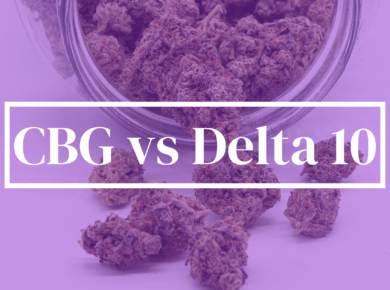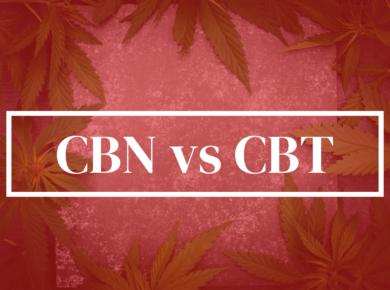Delta 10-THC and THCa are both unique cannabinoids extracted from the hemp and cannabis plants. However, they differ in terms of their chemical compositions and the experiences they yield.
Delta 10-THC is commonly recognized as a milder version of THC, the molecule often associated with the euphoric feelings of cannabis. Unlike its more potent relative, Delta 9-THC, Delta 10-THC is found in relatively smaller quantities within the plant.
On the flip side, THCa, short for Tetrahydrocannabinolic Acid, doesn’t possess any psychoactive traits. When heated, THCa undergoes a process termed decarboxylation, transforming into the renowned THC. However, in its raw state, THCa remains non-euphoric.
At their core, the primary distinction between Delta 10-THC and THCa lies in their psychoactive nature. While Delta 10-THC subtly alters the mind, THCa remains neutral unless heated.
Many States allow hemp derived cannabinoids under the 2018 Farm Bill as long as they contain less than .3% D9 THC. Some States have explicitly banned cannabinoids like Delta 8, so check your local rules and regulations before purchasing.
Here’s the rules for Kush.com and more details
Frequently Asked Questions (FAQs)
What is Delta 10-THC and how does it contrast with THCa? Delta 10-THC, a cannabinoid prevalent in hemp and cannabis, is a derivative of THC, known for inducing the typical ‘high’ of cannabis. Contrarily, THCa, in its unaltered state, doesn’t induce any such effects but can convert into THC upon heating.
How are Delta 10-THC and THCa synthesized within the hemp plant? Delta 10-THC originates from the aging and oxidation of Delta 9-THC. In contrast, THCa is primarily produced within the cannabis plant’s trichomes and is the predominant cannabinoid in its raw form.
Are both Delta 10-THC and THCa present in all hemp strains? While both these cannabinoids exist in hemp, their concentrations differ based on the strain. Certain strains might be richer in Delta 10-THC, whereas others might have a higher THCa content.
How does our body respond to Delta 10-THC and THCa? Delta 10-THC interacts with the CB1 receptors in our brain, influencing mood, perception, and other cognitive functions. THCa, being non-psychoactive, doesn’t bind to these receptors, hence not yielding similar effects.
What are the probable applications of Delta 10-THC and THCa? Delta 10-THC is commonly used in products aiming to foster relaxation and spark creativity due to its psychoactive nature. THCa, being non-psychoactive, finds its way into raw cannabis juices and oils, catering to those desiring cannabinoids without the ‘high’.
Shop
Similar Product Searches You Might Be Interested In:





